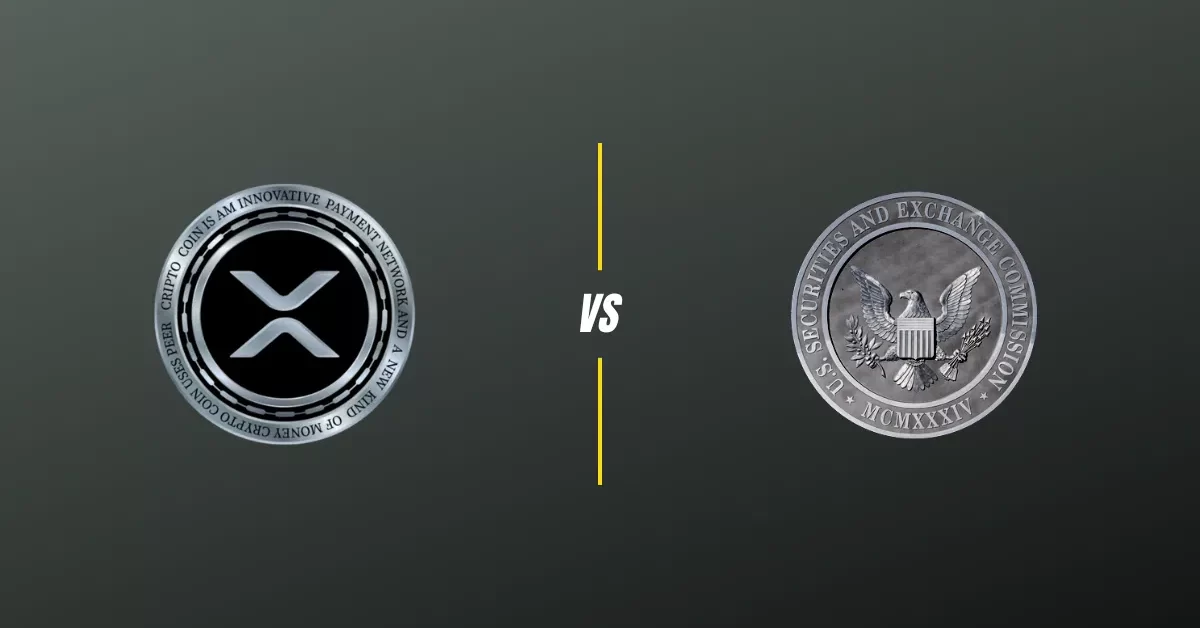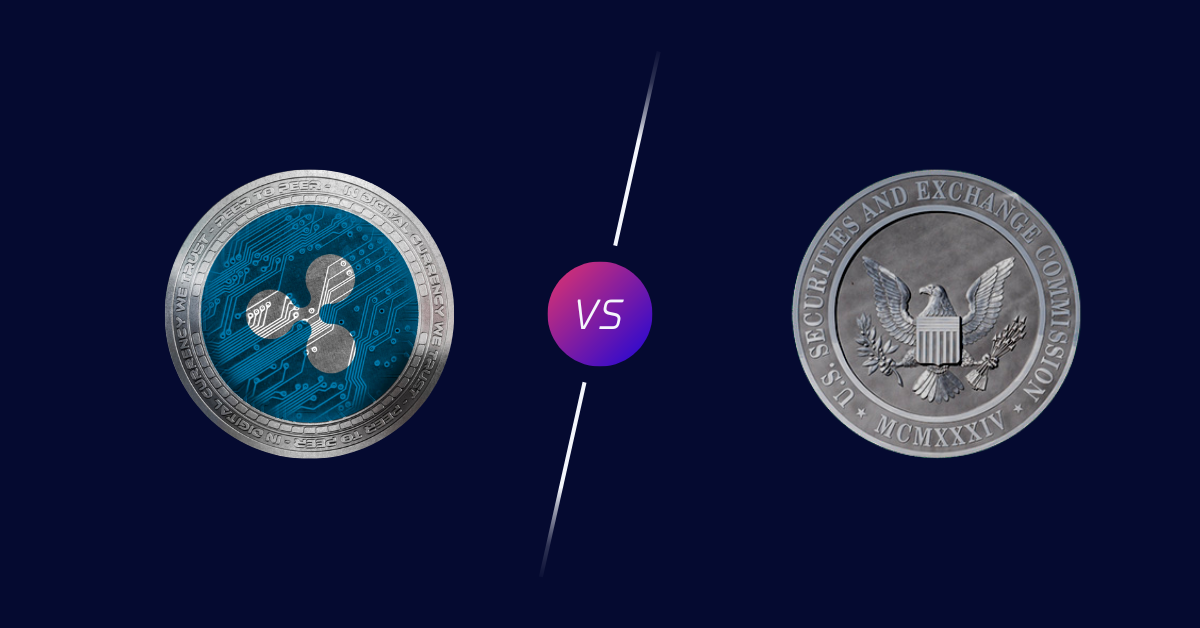The XRP versus SEC case began in December 2020 when the U.S. Securities and Exchange Commission (SEC) filed a lawsuit against Ripple Labs, Inc., the issuer of XRP, alleging that the company conducted an unregistered securities offering. Since then, the case has been ongoing with various developments.
The latest update is that on March 21, 2023, Judge Netburn granted Ripple’s motion to compel the SEC to produce certain documents related to the SEC’s communications with third parties about XRP, including Bitcoin and Ethereum. This ruling could potentially have significant implications for the case.

It is difficult to predict when the XRP versus SEC case will end, as it depends on various factors such as the outcome of ongoing legal proceedings and any potential appeals. Ripple and the SEC have both expressed their desire to resolve the case, but it is unclear when this will happen.
It is possible that the case could be resolved through a settlement or trial in the coming months or years, but it is also possible that the case could continue for a longer period.
How is the XRP versus SEC case affecting the crypto market?
The XRP versus SEC case is one of the most closely watched legal battles in the cryptocurrency industry, and its outcome has the potential to impact the entire crypto market. In this essay, I will explore how the case is affecting the crypto market and why it matters.
Firstly, it’s important to understand the background of the case. The SEC alleges that Ripple Labs conducted an unregistered security offering by selling XRP, the digital asset that serves as the native currency of the Ripple payment protocol.
Ripple, on the other hand, argues that XRP is a currency and not a security, and therefore it is not subject to SEC regulations. The case has been ongoing since December 2020, and it has had several implications for the crypto market.
One of the most significant effects is that the uncertainty surrounding the legal status of XRP has caused volatility in its price. When the lawsuit was first filed, the price of XRP dropped by over 60%, and it has continued to fluctuate as the case progressed.
The XRP price has been particularly sensitive to developments in the case, such as court rulings or statements from Ripple or the SEC. For example, in March 2021, the price of XRP surged by over 50% after Ripple won a discovery motion that allowed it to access internal SEC documents related to Bitcoin and Ethereum.
Similarly, in September 2021, the price of XRP jumped by over 30% after Ripple filed a motion to dismiss the case, arguing that the SEC had waited too long to file the lawsuit.
Another way in which the case is affecting the crypto market is by raising questions about the regulatory status of other cryptocurrencies. The SEC has historically taken a broad view of what constitutes a security, and its actions in the XRP case could set a precedent for how it approaches other digital assets.
For example, the SEC has recently sued several other cryptocurrency projects, such as BitConnect and LBRY, for allegedly conducting unregistered securities offerings.
The uncertainty surrounding the regulatory status of cryptocurrencies is a major concern for investors and businesses operating in the industry. If the SEC’s definition of a security is too broad, it could result in more regulatory scrutiny and legal challenges for a wide range of digital assets. On the other hand, if the SEC’s definition is too narrow, it could leave investors vulnerable to fraudulent or risky projects.
Moreover, the XRP versus SEC case highlights the need for clear and consistent regulation of the cryptocurrency industry. Currently, there is a patchwork of different regulations and legal frameworks around the world, which creates a complex and confusing environment for businesses and investors.
This lack of regulatory clarity is one of the reasons why the SEC is taking a more aggressive stance toward cryptocurrencies and why the XRP case is so important.
The case is also significant because it involves one of the largest and most well-known cryptocurrencies in the world. XRP is currently the sixth-largest cryptocurrency by market capitalization, and it is used by many financial institutions and remittance companies to facilitate cross-border payments.
If the SEC’s allegations are proven true, it could have significant implications for the future of Ripple and the XRP ecosystem.

Finally, the XRP versus SEC case is part of a broader trend of increased regulatory scrutiny and enforcement in the cryptocurrency industry.
As the industry has grown and matured, regulators around the world have become more interested in ensuring that digital assets are being used in a safe and compliant manner. This has led to a wave of new regulations and enforcement actions, such as the recent crackdown on crypto mining in China.
In conclusion, the XRP versus SEC case is having a significant impact on the crypto market and the wider industry. It has created uncertainty around the regulatory status of XRP and other digital assets, raised questions about the need for clear and consistent regulation, and highlighted the many risks that come with investing in crypto.